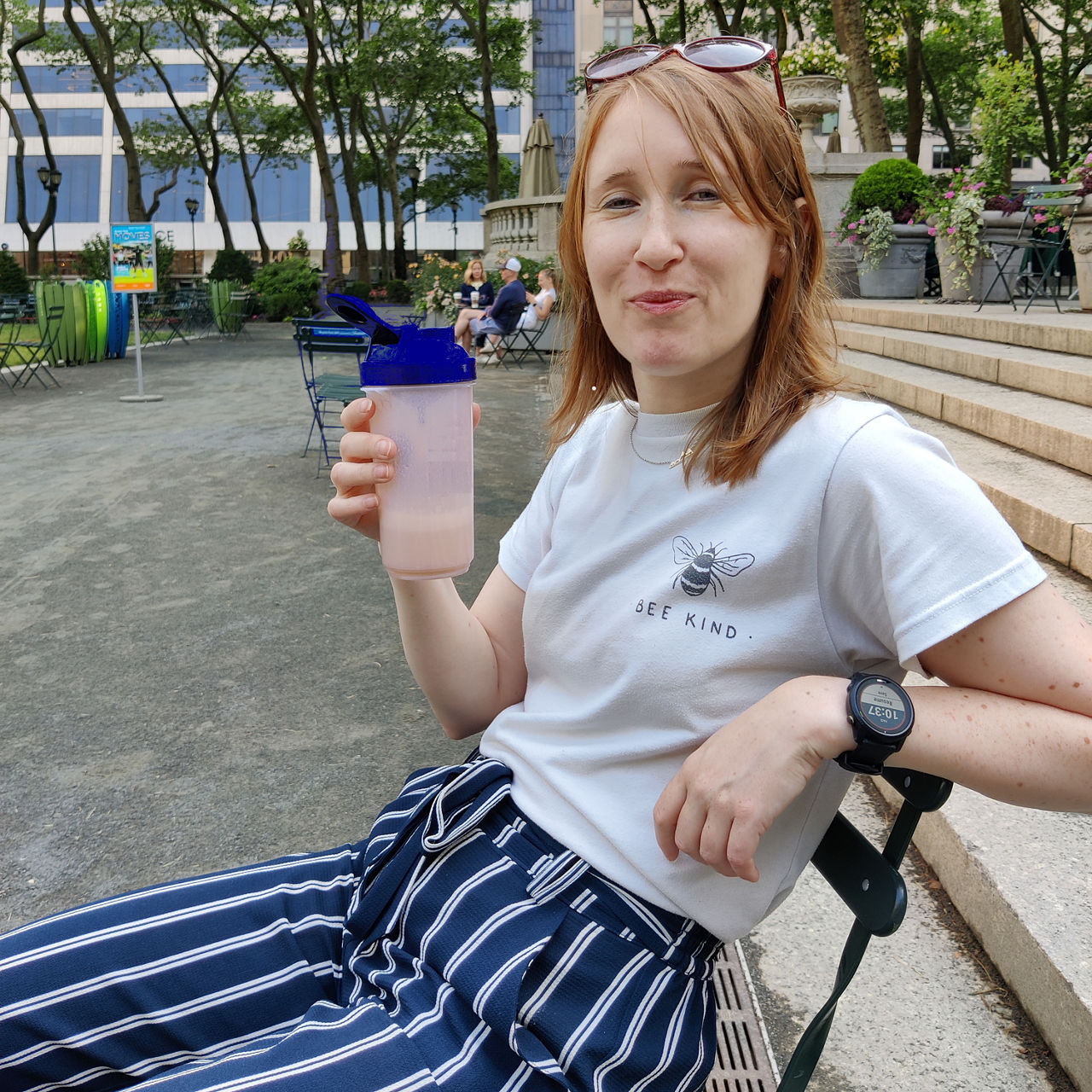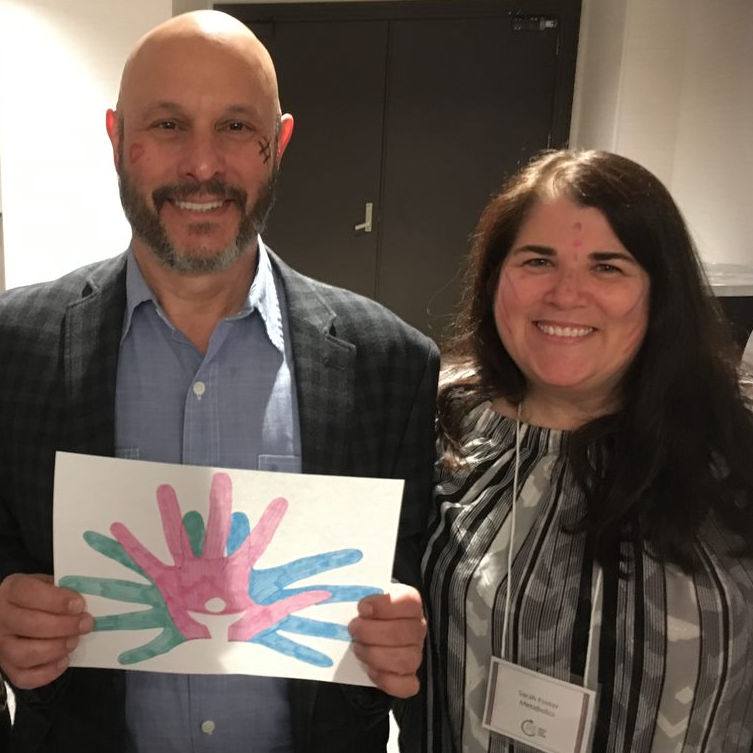Depending on the disorder, often the gold standard management option for people is a lifelong dietary restriction of the nutrient that cannot be broken down by the body. In Phenylketonuria, a disorder of protein metabolism, this means a very restricted low protein diet excluding foods like meat, fish, dairy, grains with foods such as potatoes, rice and pasta allowed only in very small amounts. Nevertheless, you still require some essential components from these foods as a source of energy and to support growth and development. Specialized medical nutrition can provide these components in the form of protein substitutes.
For more than 65 years, Nutricia Metabolics has been supporting generations of people with IMDs to live their best possible lives.
Among us are colleagues who deeply understand the experience of living with a rare disease.
Today they want to share their story. What drives them, what are their challenges and their dreams for the future of PKU.





